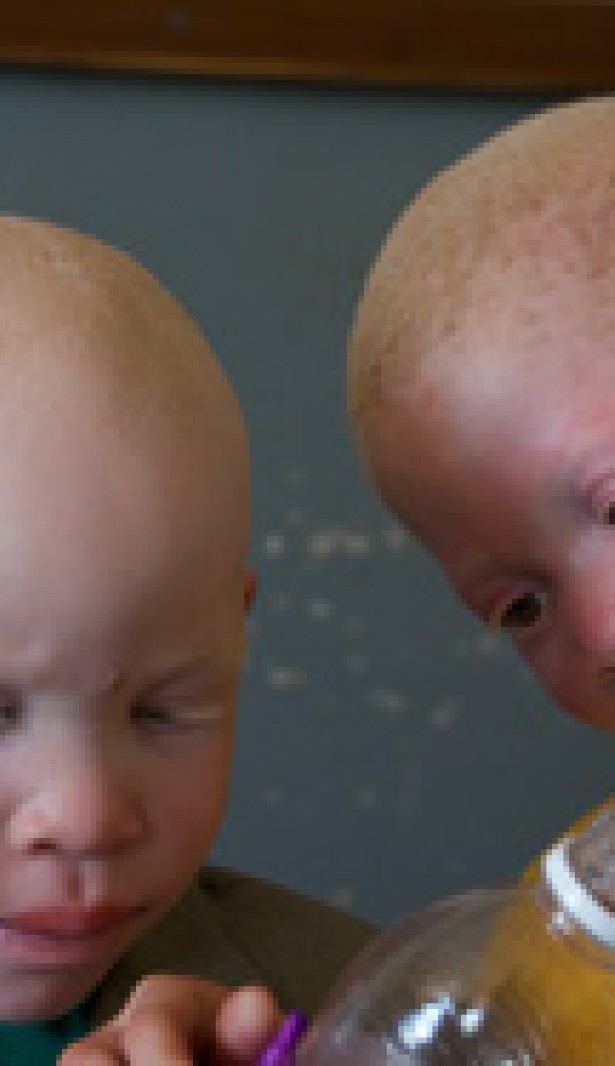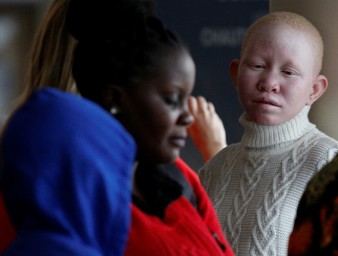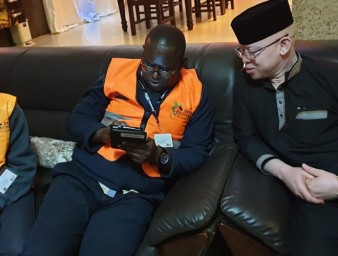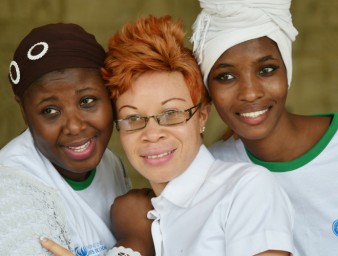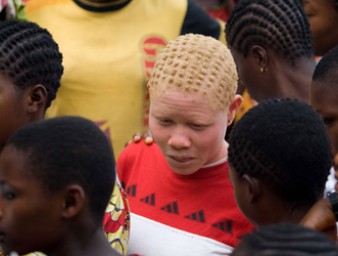Rights advisory committee starts study on the rights of persons with albinism
05 March 2014
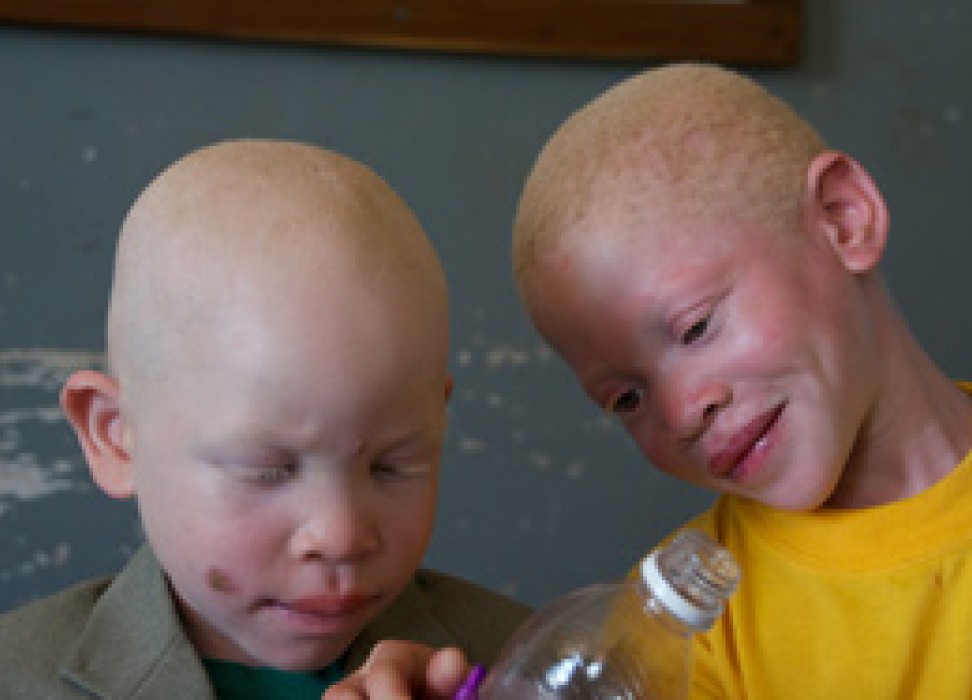
Reports on more than 200 cases of attacks against persons with albinism, including killings and mutilations, were received by the UN Human Rights Office from 15 countries, mainly in Africa, between 2000 and 2013.
The figures could be much higher as many of the attacks remain unreported or undocumented due to the ostracism of victims and their families, as well as the nature of these attacks which are often linked to witchcraft rituals.
Albinism is a rare genetically inherited condition which occurs worldwide regardless of race. It commonly results in the lack of pigmentation in the hair, skin and eyes, causing vulnerability to sun exposure. This can lead to skin cancer and severe visual impairment.
According to the leading NGO working to protect the rights of persons with albinism, Under the Same Sun, an estimated 1 in 17,000 people in Europe and North America live with albinism, and as many as 1 in 1,000 people in regions in Africa.
The genetic rarity inherited by persons with albinism also means that their condition is still profoundly socially and medically misunderstood. Their physical appearance is also the object of erroneous beliefs and myths influenced by superstition.
The UN Human Rights Council Advisory Committee is conducting a yearlong study on the human rights situation of persons with albinism to be presented at the Council’s 28th session.
Miranda Brown of the UN Human Rights Office told the Committee that persons with albinism can start facing social exclusion in early childhood.
“Families frequently neglect the education of children with albinism, considering it is a waste of resources. Those who attend school often face bullying from classmates. In some cases, significant vision impairment forces them to drop out of school,” she said. “As a result, many persons with albinism have low education levels and do not have the social or economic tools to live productive lives.”
Because of the superstitions surrounding their condition, children with albinism are frequently abandoned or, more sporadically, the victims of infanticide.
Peter Ash, founder of the NGO Under the Same Sun, noted that stigma and discrimination of persons with albinism also stemmed from the negative portrayal they were given in popular culture. “It’s seen as normal to portray persons with albinism as villains, demons, ghosts, freaks of nature, mystical anomalies,” he said.
“Once a group of people has been identified as non-human, they are treated as such, and the dehumanization of persons with albinism lays the foundation for witchcraft attacks which include murder, mutilation, and rape,” he added. “Persons with albinism are not even safe in death: their graves can be robbed and their organs trafficked.”
In 2013, the UN Human Rights Chief, Navi Pillay, presented a report to the Human Rights Council on the attacks and discrimination against persons with albinism, and expressed concern about the impunity for these attacks.
“The information available to OHCHR indicates that access by persons with albinism to justice, remedies and redress is extremely limited,” Miranda Brown said. “Without effective and affordable access to justice, they are denied the possibility of claiming their rights and contesting the abuses or human rights violations to which they are exposed.”
Brown added that States must adopt specific measures to protect the right to life and security of persons with albinism, and that perpetrators of attacks should be brought to justice. She noted that the fight against impunity should also aim to combat the stigma attached to persons with albinism through education and awareness-raising. Further, persons with albinism should be ensured adequate access to health care, social services, education and employment.
“We would like persons with albinism to be considered as a specific group with particular needs that must be given special attention in international human rights law,” Peter Ash said. He added that similar attention had been drawn to analogous groups such as the elderly, for whom a new mandate of UN Independent Expert was created recently.
He did not exclude however that persons with albinism could be classified as a “particular social group”, a “visible minority” group, or as persons with disabilities.
Because of the recrudescence of attacks against persons with albinism, particularly in parts of Africa, the Human Rights Council adopted a number of resolutions (23/13 and 24/33), as did the African Commission on Human and Peoples’ Rights at the end of 2013, calling for the prevention of attacks against persons with albinism.
5 March 2014
